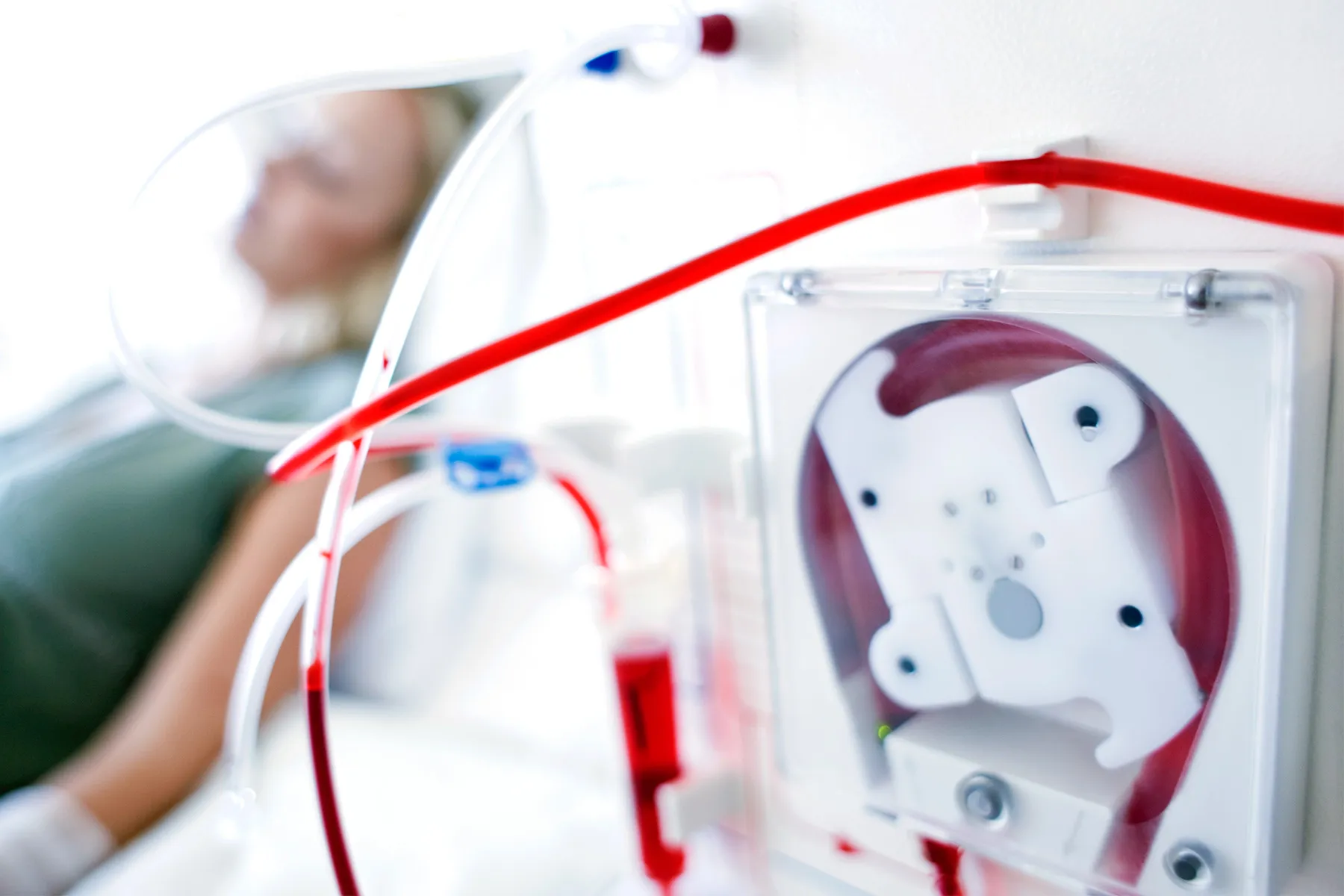During the early days of the coronavirus disease 2019 (COVID-19) pandemic in 2020, the Republic of Korea (ROK) had one of the highest success rates in adopting effective nonpharmaceutical interventions, including symptom screening, testing, contact tracing, and case isolation, to rapidly contain the virus without a national lockdown. The ROK government’s proactive strategy for adopting such interventions has received global attention for its success.
This report is based on a comprehensive literature review on pandemic response, public health systems, and soft power and subject-experts’ insights and guidance. The authors identified six main features of this strategy and highlight national attributes that helped manage the initial response and considered possible approaches and strategies for the ROK to turn its COVID-19 response success into a successful soft power asset for health diplomacy in the future. The relevant assets span multiple domains, including digital resources and technological advancement; private-enterprise, education, labor market, and cultural resources; engagement activities; and government capacity. When attempting to apply these assets, however, the ROK should also address the potential limitations and risks of health diplomacy. Strategies to build decentralized channels for engagement, advocate ROK’s democratic and legal process for health laws, utilize ROK embassies for linguistic and cultural guidance, and develop a sustainable long-term financial plan for science diplomacy initiatives are among the recommendations. This report is anticipated to encourage international collaborations, support the ROK’s efforts in forging a strong alliance overseas, and increase global and Asia’s health security.
The research described in this report was prepared for the Korea Foundation and conducted in the Community Health and Environmental Policy Program within RAND Social and Economic Well-Being.
This report is part of the RAND Corporation Research report series. RAND reports present research findings and objective analysis that address the challenges facing the public and private sectors. All RAND reports undergo rigorous peer review to ensure high standards for research quality and objectivity.
This document and trademark(s) contained herein are protected by law. This representation of RAND intellectual property is provided for noncommercial use only. Unauthorized posting of this publication online is prohibited; linking directly to this product page is encouraged. Permission is required from RAND to reproduce, or reuse in another form, any of its research documents for commercial purposes. For information on reprint and reuse permissions, please visit www.rand.org/pubs/permissions.
The RAND Corporation is a nonprofit institution that helps improve policy and decisionmaking through research and analysis. RAND’s publications do not necessarily reflect the opinions of its research clients and sponsors.














